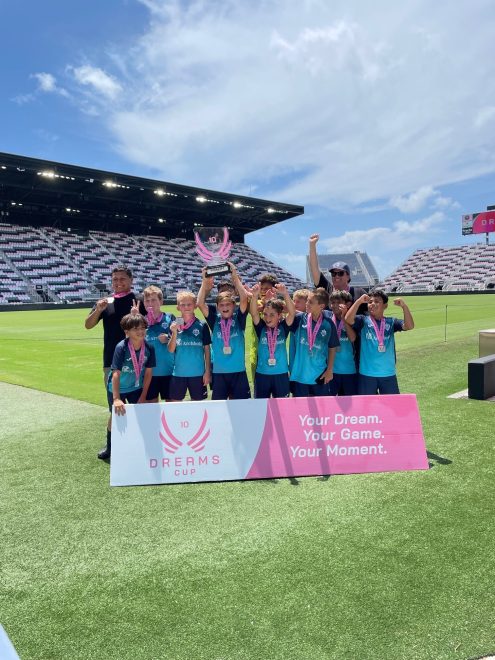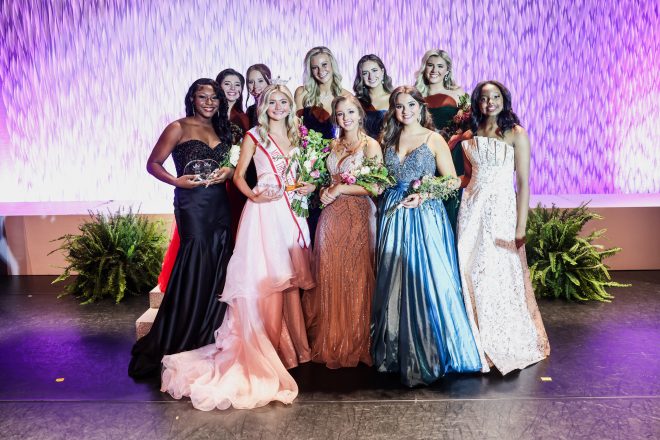Karma of historic proportions
Published 2:48 pm Saturday, March 11, 2023
Anyone who has read these columns over the last 25 or so years knows I love history. One of the coolest things about loving history is that just about the time you think you’ve learned all you can learn about a particular topic you find out you didn’t know nearly as much as you thought you did.
For me, an example of that was clearly illustrated with something I learned just last week.
Too few people grasp the full depth of the story of Japan during World War II. One of the Axis powers, Japan’s brutality during the war has never been adequately addressed. An estimated 10,000,000 people were massacred by the Japanese from 1937 to 1945, with 6,000,000 of those from China and other Asian nations.
Like Nazi Germany, the Japanese had their own master race delusions, and their genocidal attempts to realize them – along with their own horrific medical experiments and other examples of unbridled brutality – were a cornerstone of their military edict during the war.
But one particular story regarding Japan and the end of the war illustrates just how karma always has a way of showing up, even through the horrors of the worst war the known universe has witnessed.
Of course, we all know the Japanese ambush of Pearl Harbor on December 7, 1941 where over 2,400 Americans were killed and served as the catalyst for America entering WWII. The Japanese military leadership had no respect for the American military, who were framed to the Japanese nation as barbarians who would violate every rule of war and show ‘honorless and unspeakable cruelties’ to Japanese citizens if given the chance.
Over the course of the next four years, America’s Pacific Fleet pummeled Japan into submission, ending with the dropping of the atomic bombs in August 1945.
Hideki Tojo was a general in the Imperial Japanese Army who served as Japan’s prime minister from 1941 to 1944. He was a mastermind behind Japan’s worldwide expansion plans and a prime force for planning overall Japanese military strategy. As history has noted, Tojo is also credited as the commander who ordered the attack on Pearl Harbor.
When the war ended with Japan’s unconditional surrender, American General Douglas MacArthur ordered the arrest of 40 high-ranking Japanese officials for war crimes – including Tojo. As US troops circled his house, Tojo shot himself in the chest, preferring to kill himself than face the charges brought against him.
But, the shot missed his heart.
The American troops broke down the door, found him bleeding profusely, and medics began administering first aid. They were able to quell the bleeding, and Tojo regained consciousness enough to tell two Japanese reporters who were there:
“I am very sorry it is taking me so long to die. The Greater East Asia War was justified and righteous. I am very sorry for the nation and all the superior races of the Greater Asiatic powers. I wait for the righteous judgment of history. I wished to commit suicide but sometimes that fails.”
It was determined blood transfusions were necessary to keep him alive. Several American soldiers stepped forward and offered their blood for the job. The effort was successful, and Tojo was saved.
After being treated by American doctors and recovering from his injuries, Tojo was transferred to Sugamo Prison in Tokyo. While there, it was discovered that his teeth were in horrible condition, and many had to be pulled. He asked for new teeth so he could speak better at his war crimes trial. Tojo would eventually receive a new set of dentures, custom made by US Navy doctor George Clark Foster, the head dental surgeon of the Sugamo Prison.
Tojo was eventually tried for war crimes, and found guilty of multiple charges, including waging wars of aggression; war in violation of international law; unprovoked or aggressive war against various nations; and ordering, authorizing, and permitting inhumane treatment of prisoners of war. He was sentenced to death and execution by hanging on December 23, 1948 – just over seven years removed from the attack on Pearl Harbor.
In his final statement, Tojo apologized for the atrocities committed by the Japanese military, his role in them, and urged the American military to show the kind compassion toward the Japanese people he himself had received.
Hideki Tojo died a disgraced man, a war criminal whose cruelty had directly led to untold millions of deaths. But what Tojo didn’t know was that he also died on the receiving end of perhaps the most subtle yet poignant exercises of karma ever recorded.
It seems Dr. Foster had close personal friends who had died in the ambush on Pearl Harbor, and like every other American had never forgotten nor forgiven it. He decided to secretly take out a measure of personal revenge on Tojo.
While preparing the dentures for the disgraced general, Dr. Foster took it upon himself to use a drill to etch the dots and dashes of very particular Morse code letters into the frontal implants of the false teeth Tojo would eventually wear to the gallows.
When Tojo’s lifeless body was taken down from the noose, he had American blood in his veins, and had worn American-made dentures in his mouth that carried a simple yet powerful message engraved on them:
“REMEMBER PEARL HARBOR”





